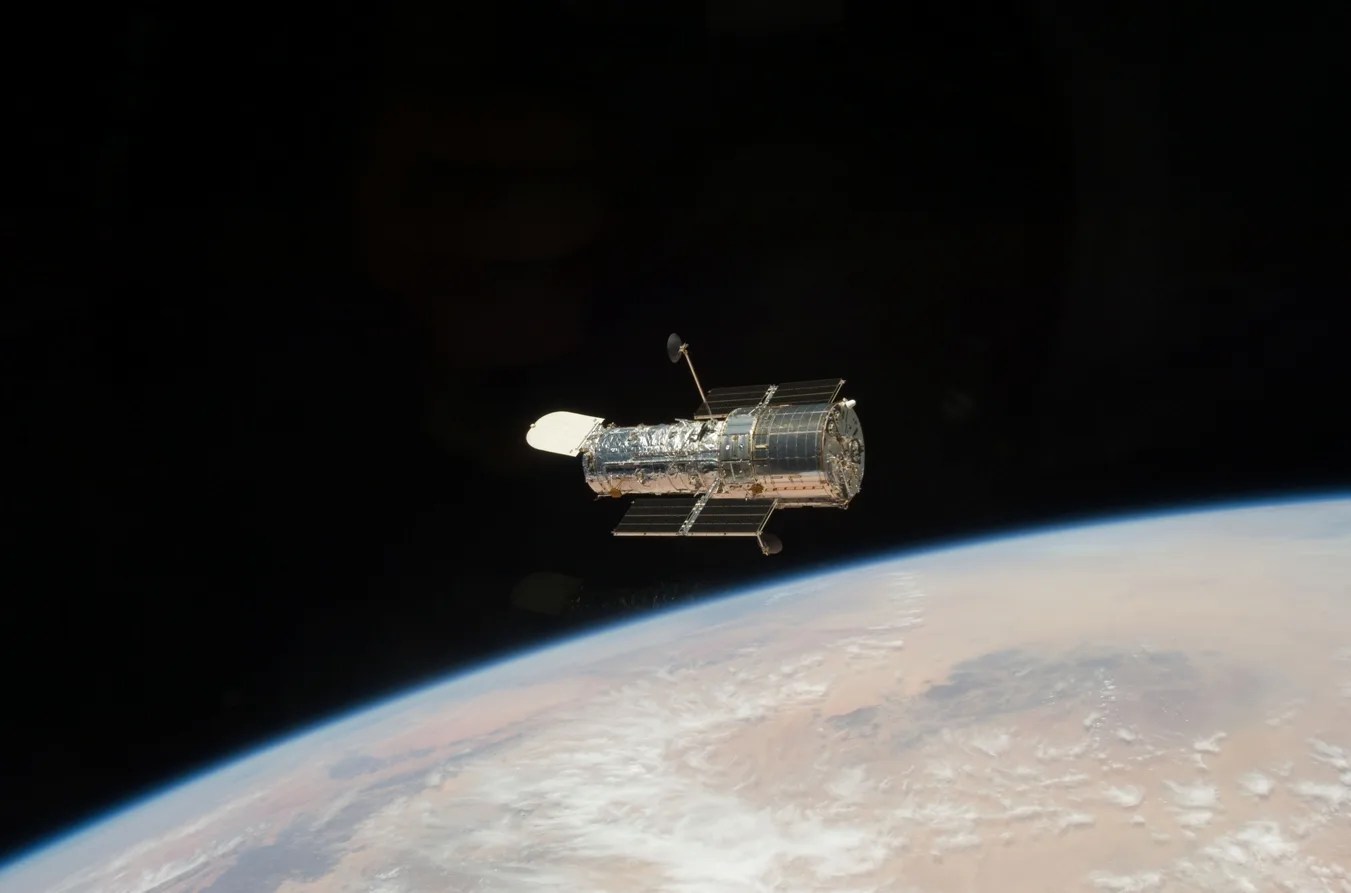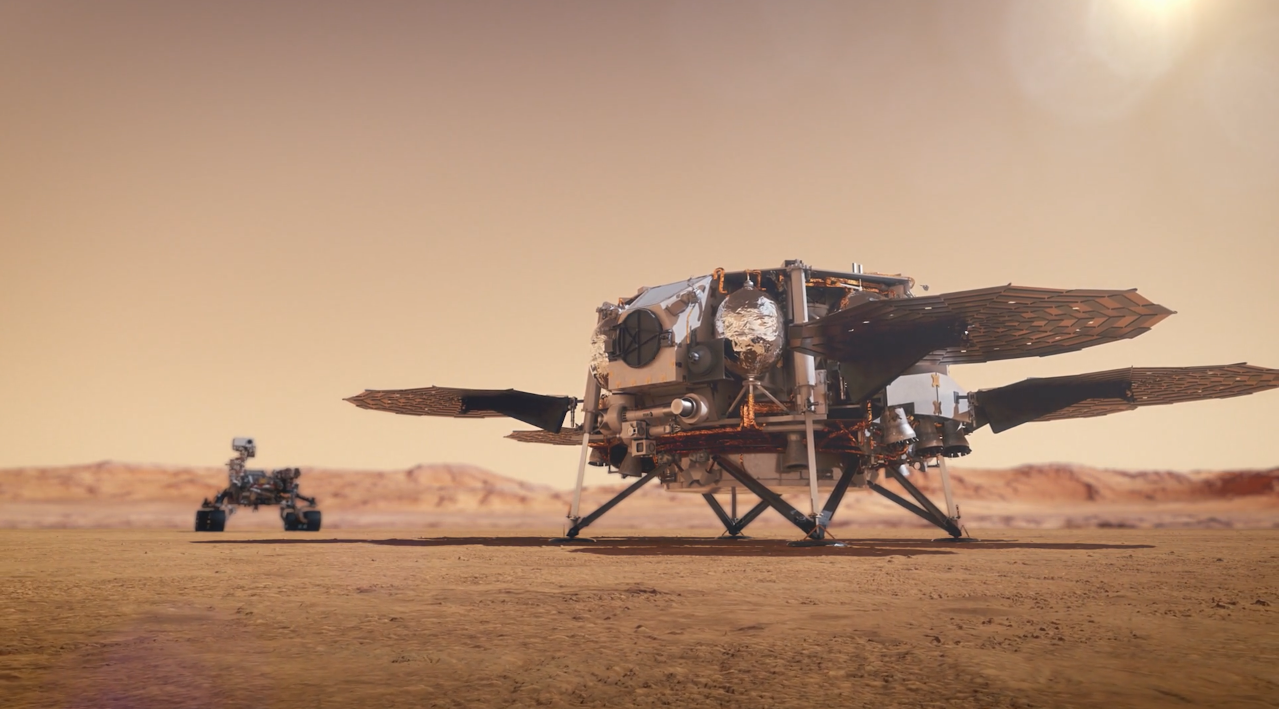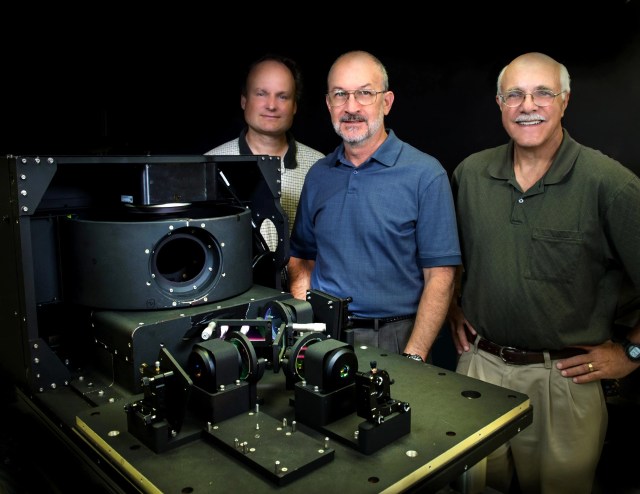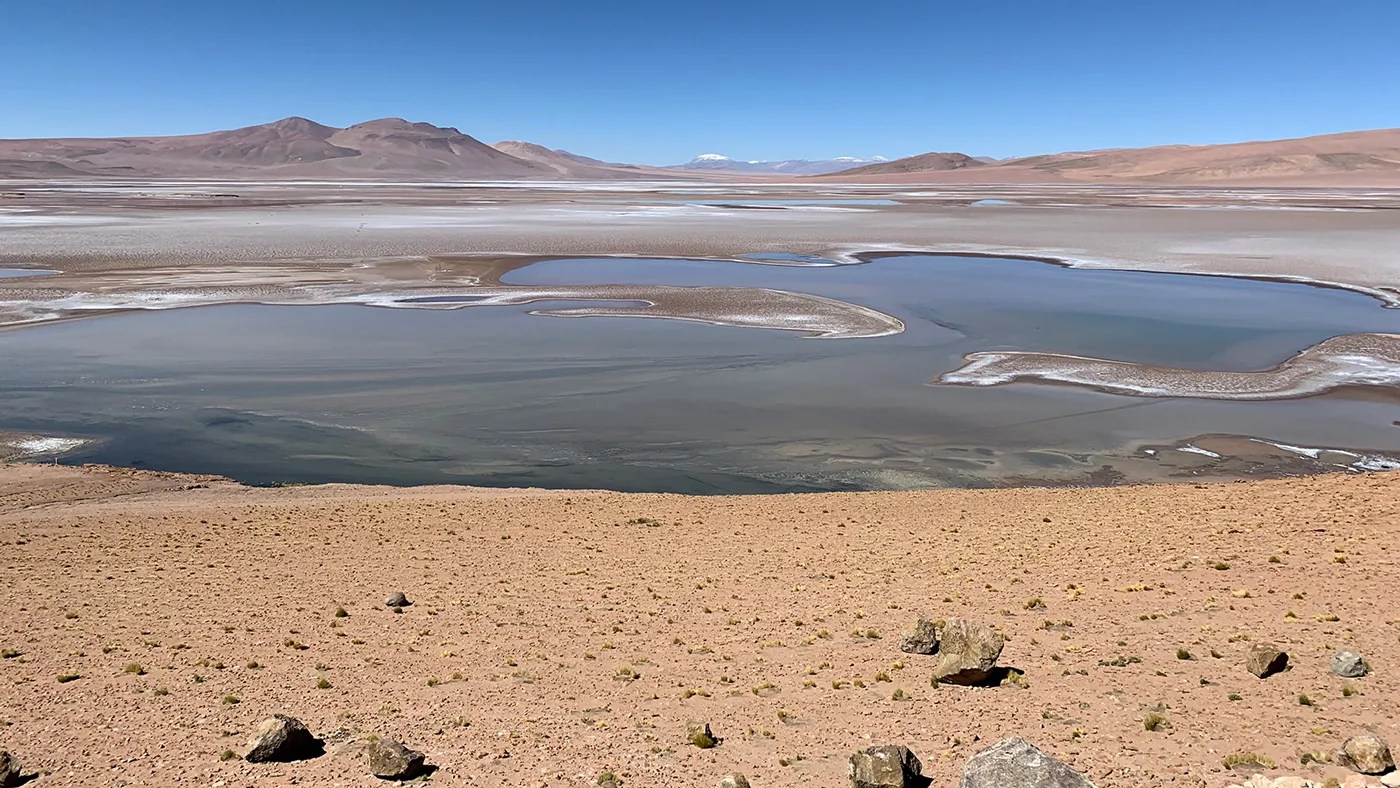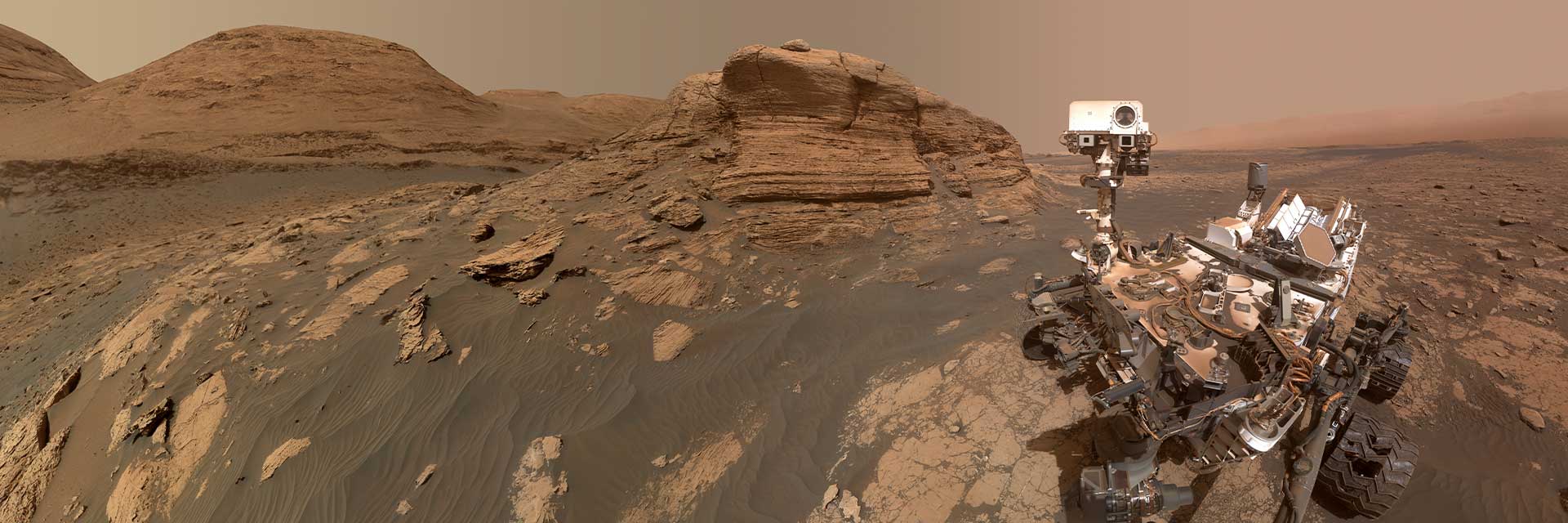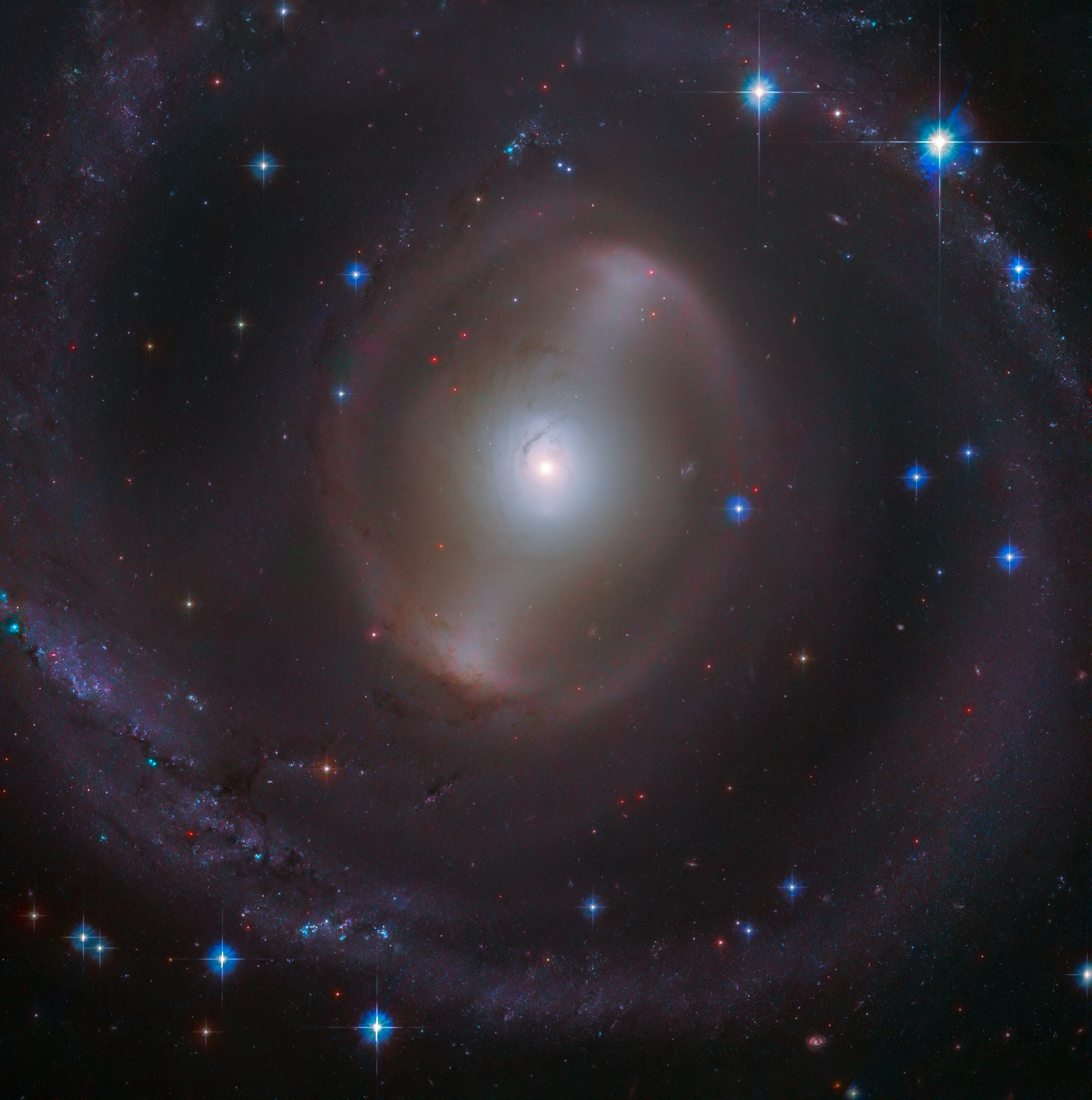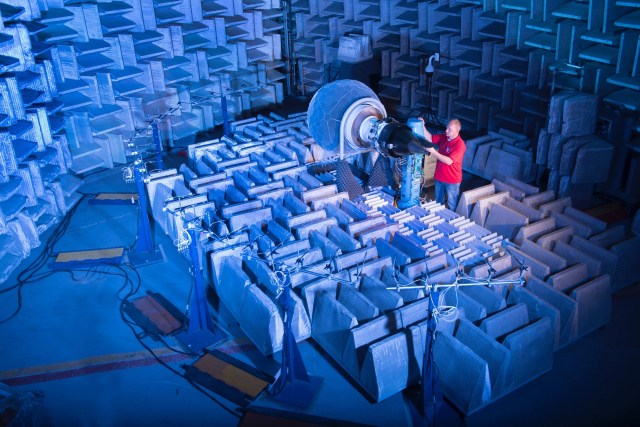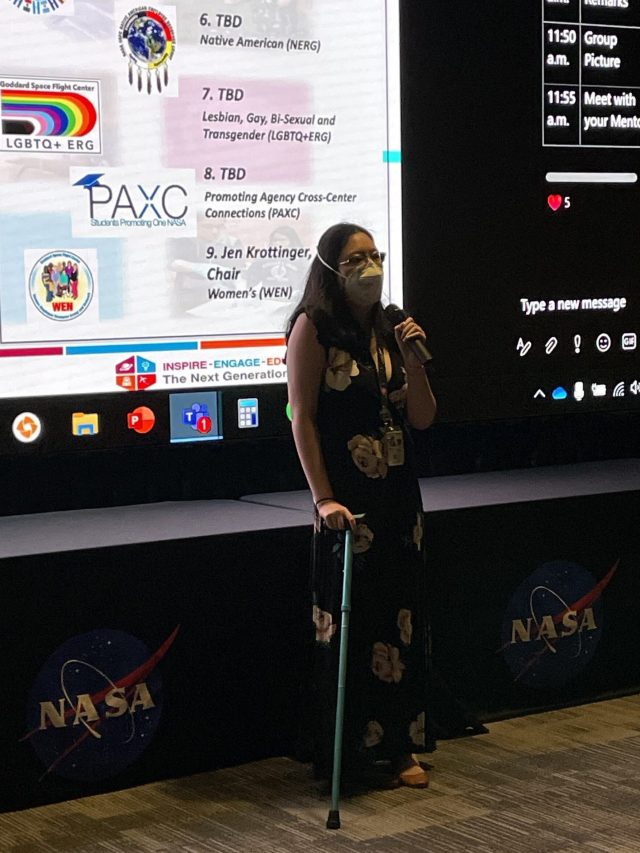
Equipment Passes Test
By Amanda Griffin
NASA’s Kennedy Space Center, Florida
A NASA and Department of Defense team returned from a week of training at sea to improve joint landing and recovering operations planned for crew aboard the agency’s Orion spacecraft from future deep space exploration missions.
Departing from NASA’s Kennedy Space Center in Florida, the Exploration Ground Systems’ team embarked on the USS John P. Murtha, an amphibious U.S. Navy ship, in the Pacific Ocean with the main goal of ensuring all of their recovery equipment was up to the task. This round of testing was known as Underway Recovery Test-7, or URT-7.
Recovery ground support equipment includes the Orion Recovery Cradle Assembly, or ORCA, the cradle in which the spacecraft will ultimately set down; winch and rigging lines lovingly referred to as LLAMAs, short for Line Load Attenuating Mechanism Assembly; and even seemingly small items, such as tow pins. But ensuring all of the equipment works as planned and without damage to the spacecraft is no small task.
The integrated recovery team worked in tandem to put the equipment through its paces this past week — and NASA’s Jeremy Parr, lead design engineer, was on hand to evaluate testing.
“We had an amazing week,” Parr said when all the testing was done and the ship was headed back to shore. “From start to finish, we had some bumps, we took it slow and had some training days, but by the end of the week we were having almost perfect runs. And that’s because of the sailors and LLAMA operators — everyone was working together as a team.”
For the past five years, Parr and others have been working on the recovery concept. With the exception of the winch’s control system, everything has been designed and built in-house at Kennedy under Parr’s leadership — and it all passed muster.
The entire Landing and Recovery Team is led by NASA’s Melissa Jones. During URT-7, she was pleased to see all of the team’s hard work pay off. “Testing this week has gone extremely well,” she said.
The team performed the first complete recovery at night, which lasted until the wee hours of the morning. Jones chocked that up to lessons learned on possible complications of night operations and working with the ship and divers out in the open water in less-than-optimal conditions.
“The team continues to amaze me with their intelligence, determination, and tireless work ethic,” Jones said. “A huge thanks to the crew of the USS John P. Murtha for their help and hospitality. The success of this week would not have been possible without their positivity and can-do attitude.”
The crew aren’t the only ones with a positive attitude. Parr and the rest of the team are heading back to Kennedy with a renewed sense of accomplishment.
“I now have complete confidence in every piece of hardware that we have,” Parr said. “We’re ready to rock and roll for the recovery of Orion after Exploration Mission-1.”


